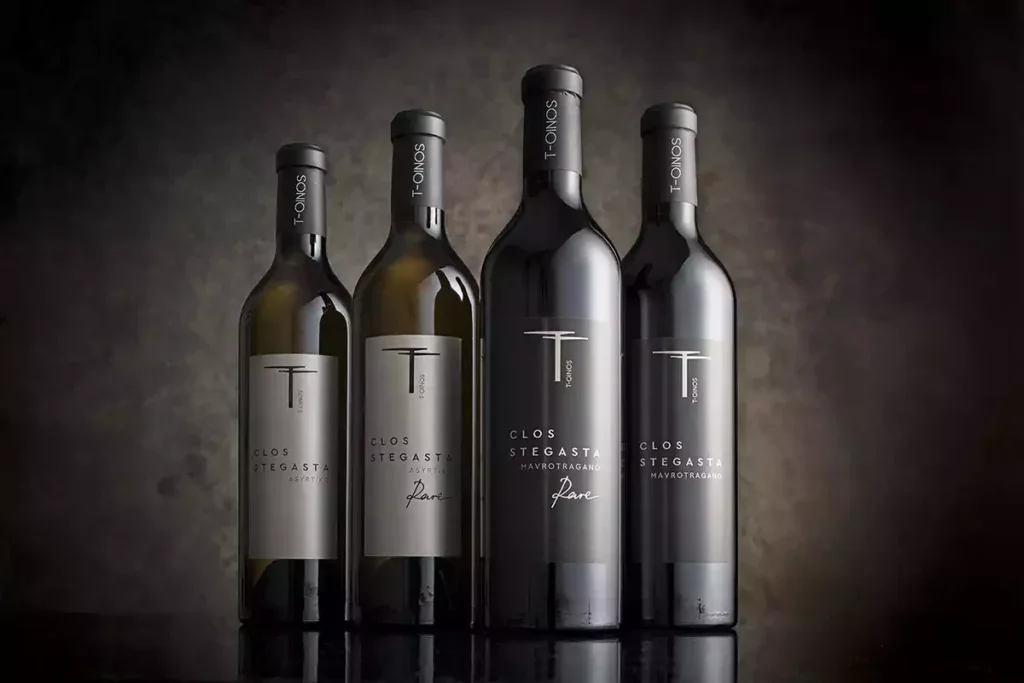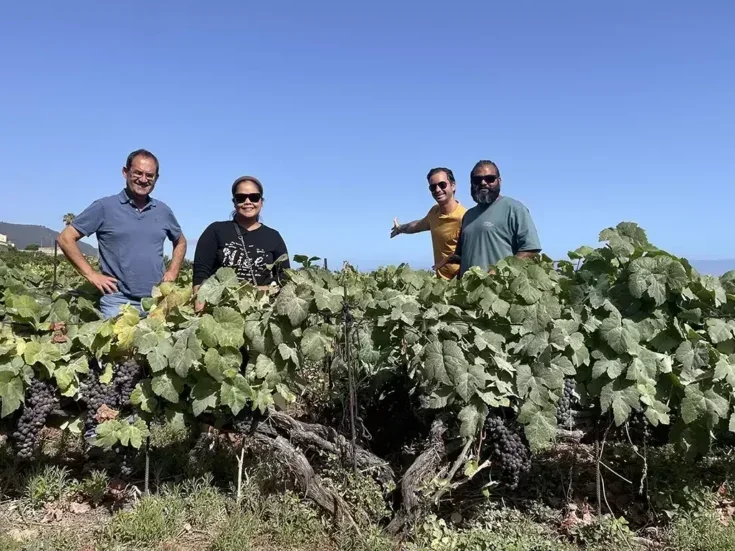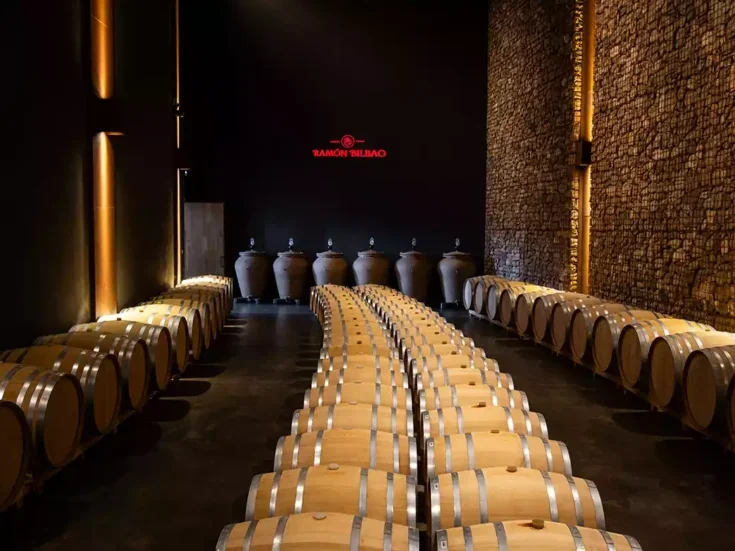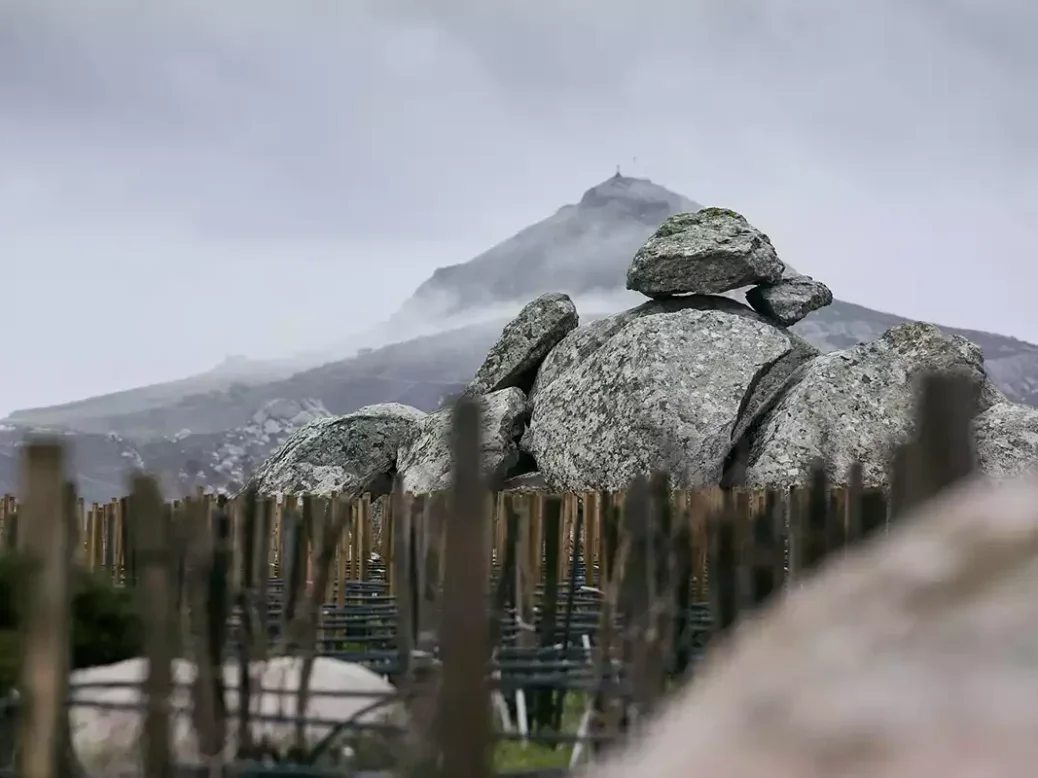
Perched on the rugged, windswept slopes of Tinos in the Cyclades, T-OINOS Winery has redefined the limits of fine Greek winemaking.
Established in 1999 by Alexandros Avatangelos and Gérard Margeon, head sommelier for Alain Ducasse, this pioneering venture combines respect for the island’s ancient viticultural heritage with an unwavering commitment to innovation.
The vineyards of T-OINOS are nothing short of extraordinary. Set at an elevation of 460m (1,500ft) amidst granite-strewn landscapes, the vines endure harsh winds and arid conditions. These natural adversities, however, are precisely what imbue the wines with their distinctive character. Stéphane Derenoncourt, the esteemed French consultant who joined the team in 2016 as a partner and Master Vigneron, describes the environment as “violent yet captivating,” a paradox mirrored in the complexity and elegance of the wines.
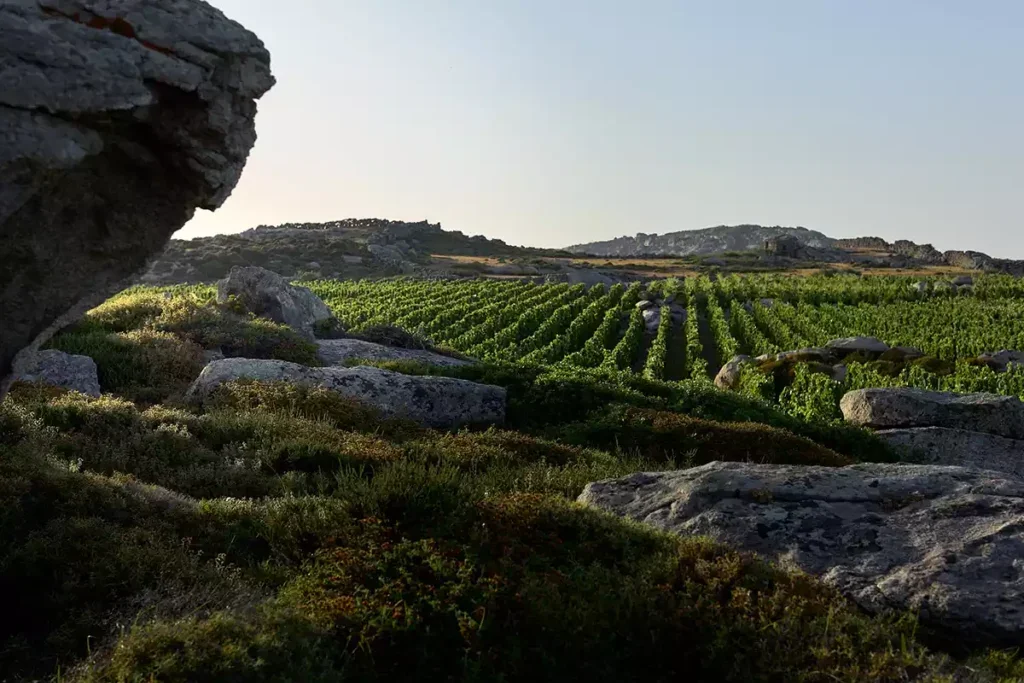
T-OINOS’s flagship collection, “Clos Stegasta,” showcases the potential of Greece’s indigenous grape varieties. The Assyrtiko wines are crystalline and saline, reflecting the sea-kissed terrain, while the Mavrotragano reds are celebrated for their aromatic depth and refined tannins. These wines are cultivated using meticulous techniques, including massal selection and high-density planting, which foster biodiversity and resilience in the vineyard.
The estate’s production remains small, encompassing just 13ha (32 acres) of privately owned organically cultivated vineyards, yet its reputation has soared internationally. Each bottle is a narrative of Tinos itself—its ancient mythology as the birthplace of Aeolus, god of the winds, and its rugged beauty. Despite challenges such as frequent hailstorms, the winery’s commitment to quality and sustainability ensures that its wines are as authentic as they are exceptional.
T-OINOS is more than a winery; it is a manifestation of the Cycladic spirit. By blending tradition with forward-thinking practices, it has transformed one of Greece’s most unyielding terrains into a beacon of fine winemaking. The wines evoke an emotional response, as Derenoncourt aptly notes: “They’re small miracles, reflecting the purity and energy of the landscape in every glass.”
